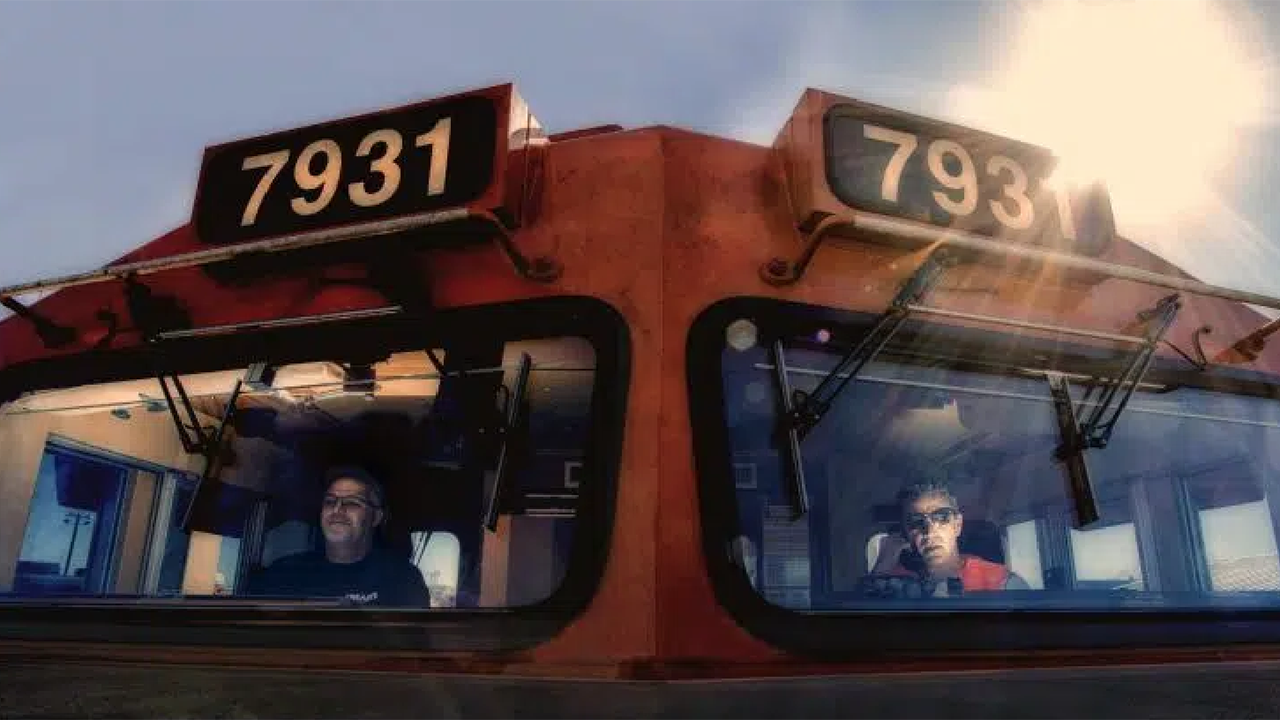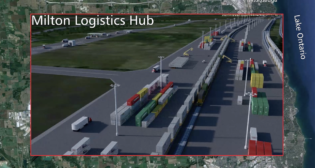
Missouri Rep. Burlison Eyes Nullification of FRA Crew Size Rule
Written by Marybeth Luczak, Executive Editor
(SMART-TD Photograph)
Rep. Eric Burlison (R-Mo.) on April 19 introduced a Congressional Review Act resolution of disapproval that seeks nullification of the Federal Railroad Administration’s (FRA) final rule, 49 CFR Part 218 [Docket No. FRA-2021-0032, Notice No. 5], RIN 2130-AC88, Train Crew Size Safety Requirements, “establishing minimum safety requirements for the size of train crews.”
Co-sponsors for this legislation (download below) include Rep. Scott Perry (R-Pa.) and Rep. Randy Weber (R-Tex.)
FRA on April 2 issued the rule, saying it “enhances safety in the rail industry by generally requiring and emphasizing the importance and necessity of a second crew member on all trains. A second crew member performs important safety functions that could be lost when reducing crew size to a single person. Without the final rule, railroads could initiate single-crew operations without performing a rigorous risk assessment, mitigating known risks, or even notifying FRA. The final rule closes this loophole by establishing minimum standards and a federal oversight process to empower communities and railroad workers to make their voices heard by allowing for public input during FRA’s decision-making process on whether to grant special approval for one-person train crew operations. In finalizing this rule, FRA reviewed and considered more than 13,500 written comments received during the 146-day comment period—in addition to the testimony from a one-day public hearing.”
FRA reported that the final rule “codifies train crew staffing rules at a federal level, ensuring that freight and passenger rail operations are governed by consistent safety rules in all states,” FRA says. “This is an ongoing issue as Ohio, Virginia, and Colorado, among others, have recently considered legislation to require two-person rail crews. In addition, the final rule contains some differences from the initial notice of proposed rulemaking in how it treats freight railroads, especially Class II and III freight railroads. In limited cases, the rule permits exceptions for smaller railroads to continue or initiate certain one-person train crew operations by notifying FRA and complying with new federal safety standards.”

According to Rep. Burlison, the final rule “is misguided and imposes unnecessary burdens on small businesses while simultaneously failing to enhance safety, its supposed intention … We should reject this burdensome regulation and instead prioritize allowing the rail industry, which understands its operations best, to thrive without government intervention.”
The Association of American Railroads (AAR) and American Short Line and Regional Railroad Association (ASLRRA) support the legislation, Rep. Burlison’s office noted.
“Instead of charting a data-driven path to make rail even safer in the future, FRA has shown its misplaced priorities with this unfounded and flawed regulation,” AAR President and CEO Ian Jefferies said. “Railroads are committed to working with our union counterparts and policymakers on solutions that meaningfully advance safety. Unfortunately, this backwards-looking policy does nothing to make rail safer, but it does succeed in upending the collective bargaining process.”
“We appreciate that the FRA took some feedback from small business short line railroads into account and made the final rule significantly less onerous on small businesses than its original proposal,” ASLRRA President Chuck Baker said. “But as they say, ‘there’s no right way to do the wrong thing.’ While lacking any safety data, FRA is imposing new obligations on short line railroads, requiring them to devote finite resources toward solving a non-existent problem. While time will tell the full scale of this new burden and it will differ railroad by railroad, one thing is clear: Some short line railroads now will have to divert limited capital away from projects that truly advance safety and service towards complying with unwarranted regulations.”
Further Reading
- FRA Crew Size Rule: Politics Prevail
- FRA Issues Crew Size NPRM; AAR Calls it ‘Politics Over Sound Safety Policy’
- Biden Promise Fueled FRA NPRM
- FRA NPRM: The Truth Behind the Need for Two-Person Crews



